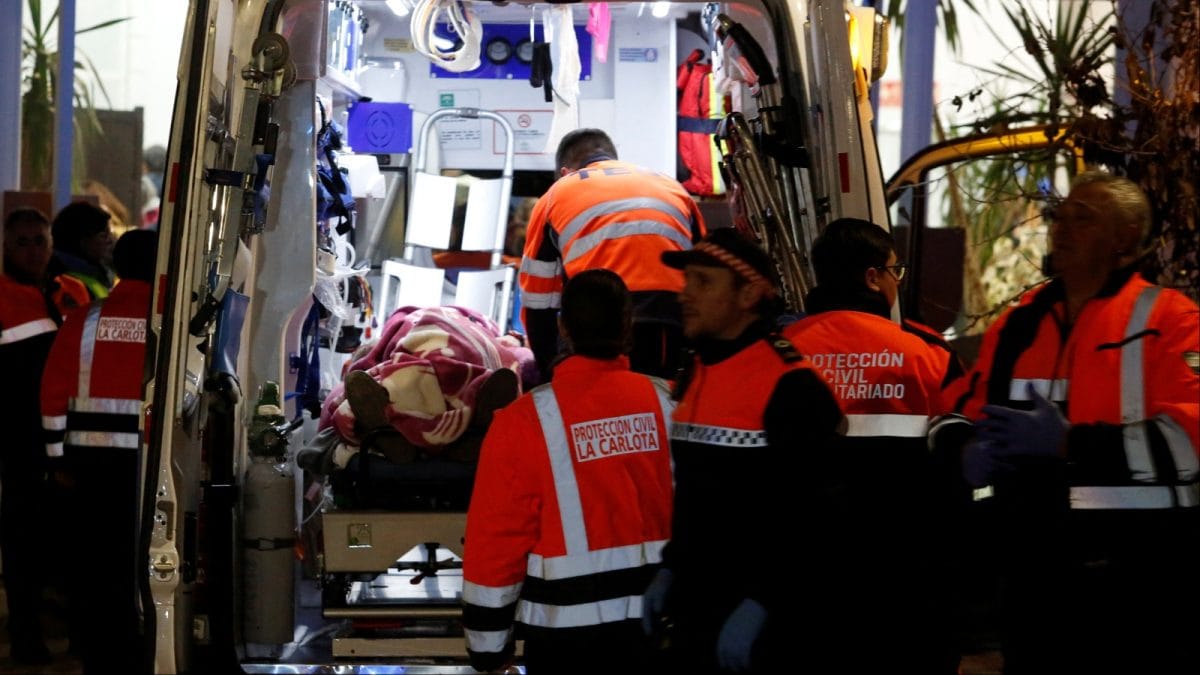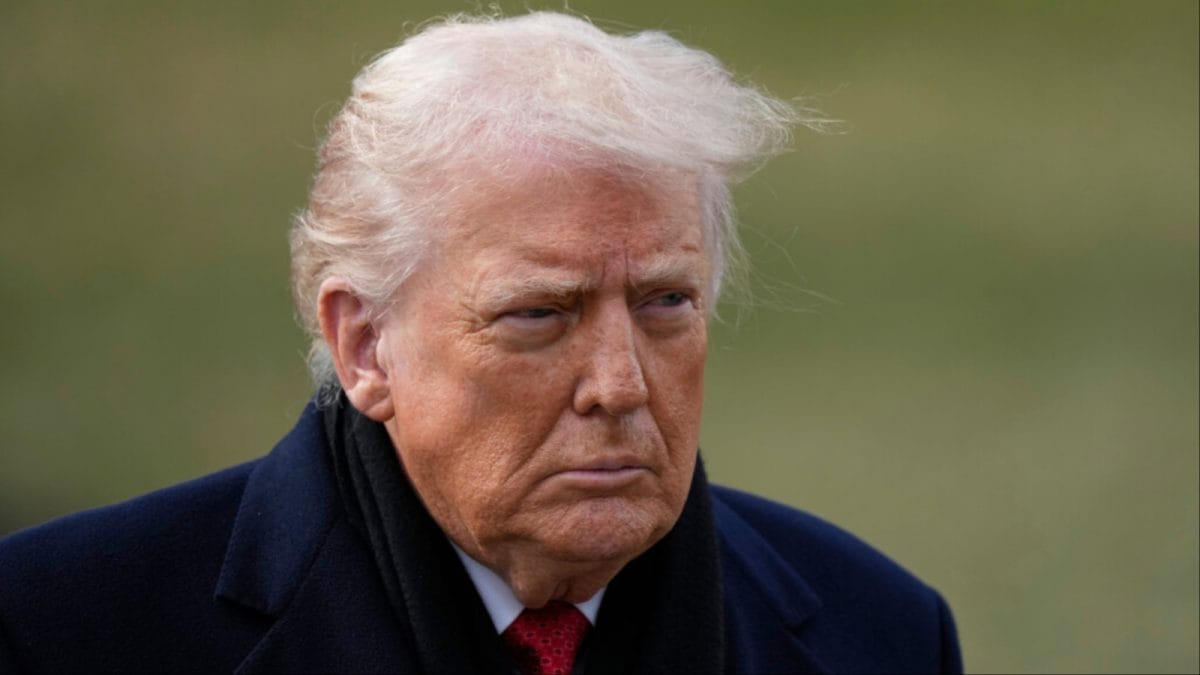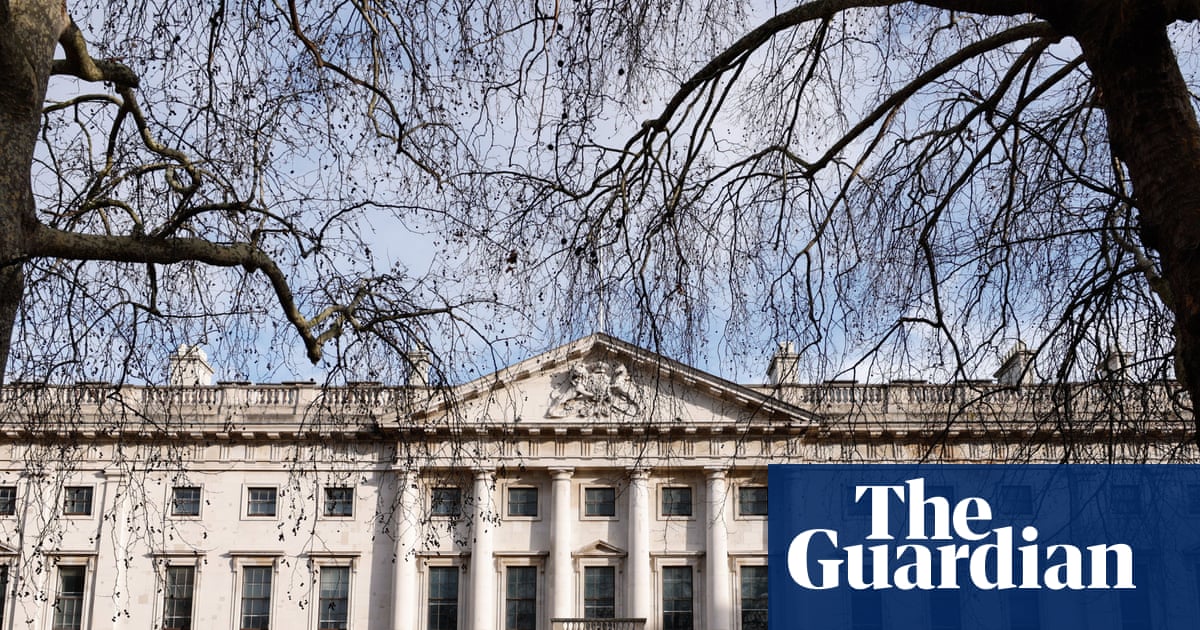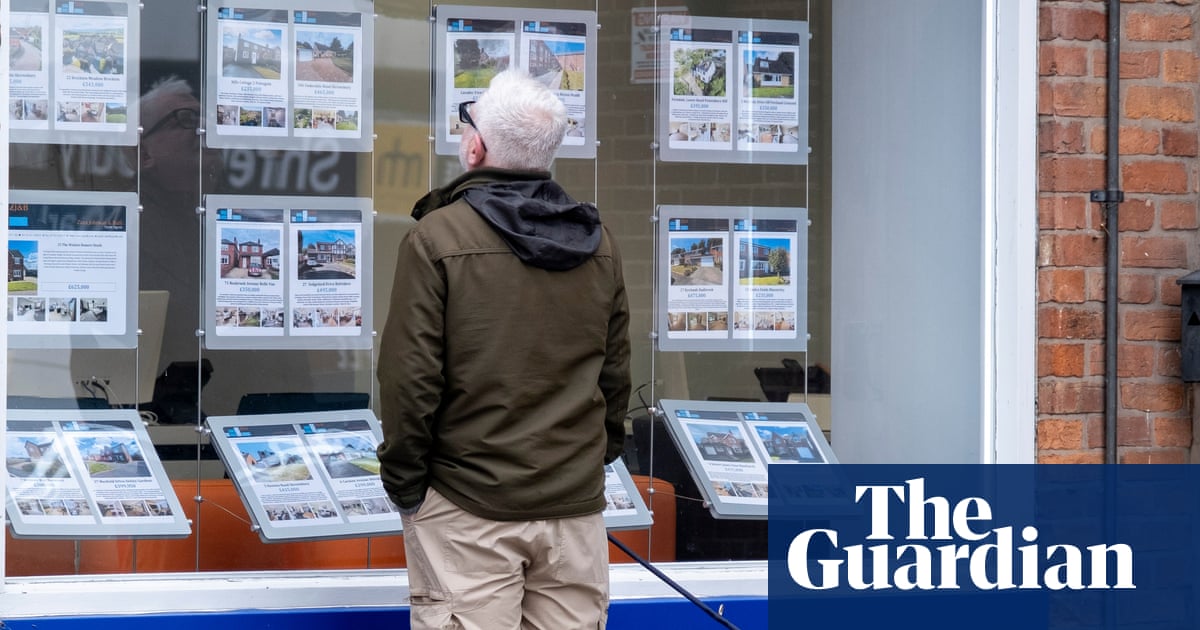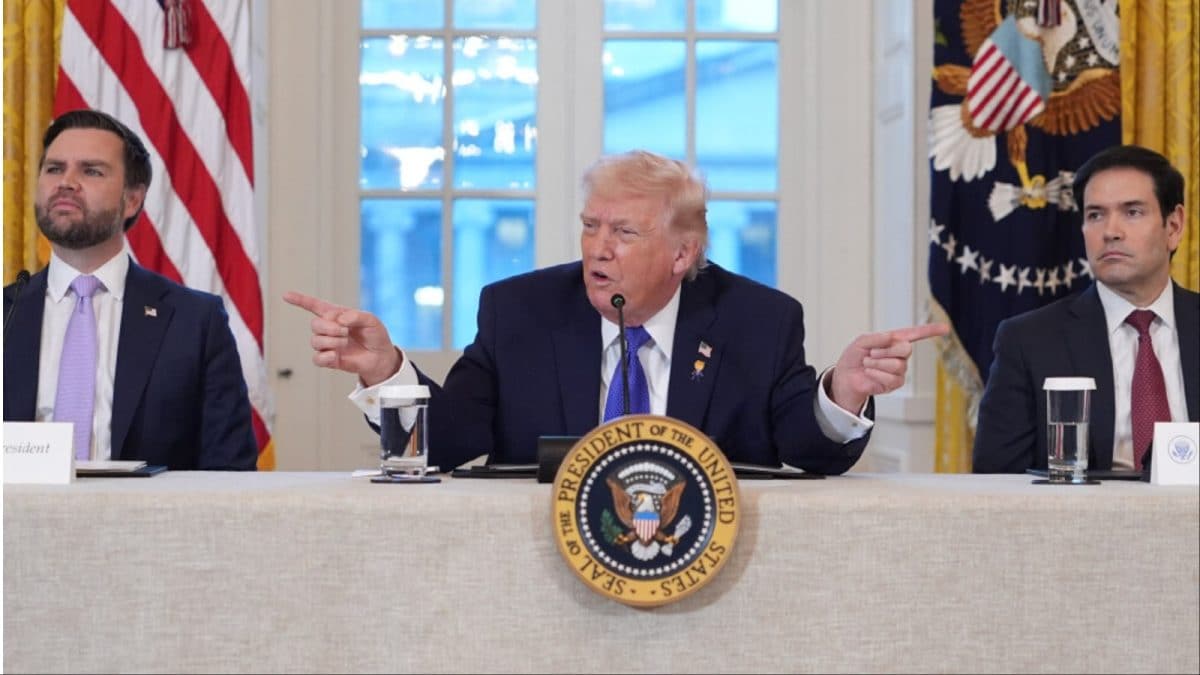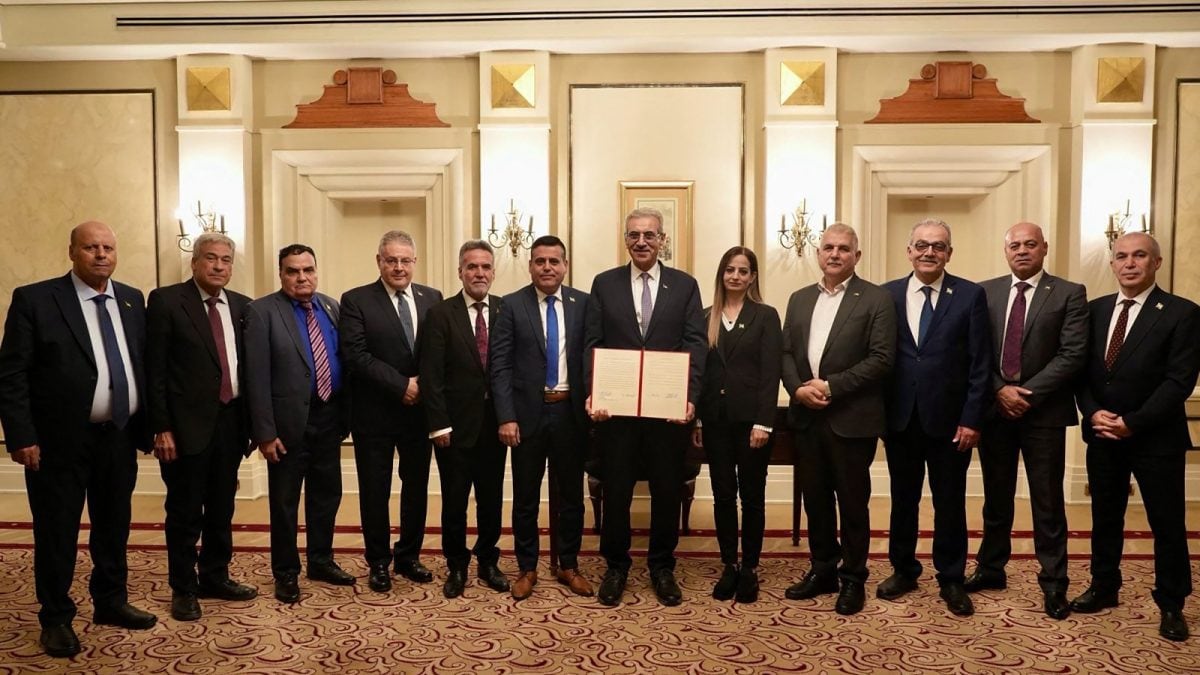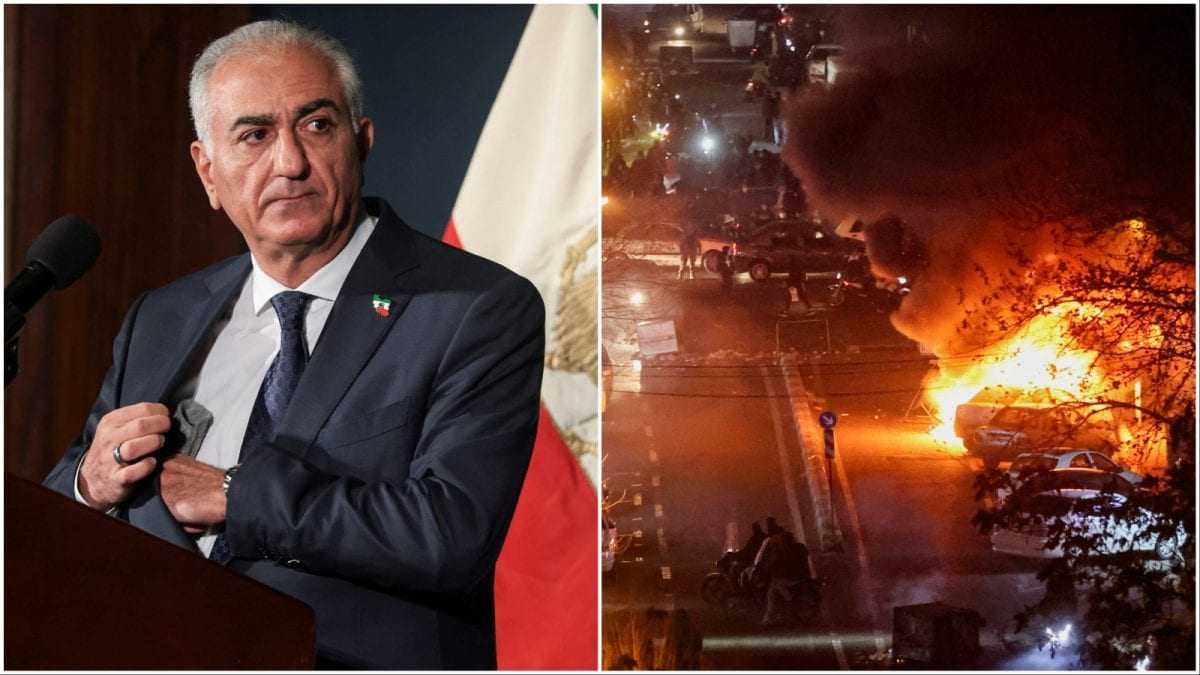Last Updated:November 20, 2025, 13:46 IST
Washington says it won’t attend the first-ever G20 on African soil because South Africa mistreats its white minority, even claiming genocide of White Afrikaners.

Donald Trump meets South Africa's President Cyril Ramaphosa in the Oval Office of the White House, Wednesday, May 21, 2025, in Washington. (Image: AP Photo)
The G20 summit this year is going to be awkward, painfully awkward, because when the time comes for South African President Cyril Ramaphosa to hand over the G20 presidency, he won’t be handing it to a leader or even a delegation, he’ll be handing it to an empty chair, an image already defining how this summit will be remembered.
US President Donald Trump is boycotting the G20 Summit in Johannesburg, South Africa. Even for those tempted to ignore that decision, it’s impossible to look away because the United States is the next G20 chair. When Ramaphosa hands over the presidency at the end of the summit, there will be no one to receive it, just an empty chair that is about to become the most photographed object in Johannesburg.
Washington says it won’t attend the first-ever G20 on African soil because South Africa mistreats its white minority, even claiming genocide of White Afrikaners—allegations South African officials have called unfounded. No previous US administration has deployed this narrative, and it fits neatly into Trump’s domestic political playbook. Beyond the excuse, it only confirms what many already suspect: Trump does not believe in multilateral diplomacy and is willing to stage this snub on the world’s biggest economic platform.
The United States has never skipped a G20 summit, typically represented by the President or at least a high-level official. This time, there will be no one representing the US.
South Africa, though, is not rattled. Ramaphosa responded with remarkable calm: “My experience in politics is that boycotts never really work—they have a very contradictory effect. The United States by not being at the G20, one, must never think that we are not ready to go on with the G20. The G20 will go on. All other heads of states will be here, and, in the end, we will take fundamental decisions. Their absence is their loss."
South Africa’s High Commissioner to India, Anil Sooklal, says the G20 is simply “too big to fail." Despite the US boycott, he insists the summit will remain impactful and he made it clear that PM Modi’s presence is especially important, calling the Indian Prime Minister one of the world’s most influential leaders today, someone whose attendance signals solidarity with South Africa and commitment to Global South priorities.
That solidarity is real. India and South Africa have worked closely through this G20 cycle, sharing concerns about debt relief, climate finance, and the need to amplify the voices of emerging economies in global forums. The cooperation has been smooth, consistent, and productive, something South Africa is publicly acknowledging.
This summit is a missed opportunity for Trump. It could have been remembered for all the right reasons: the first G20 in Africa, a platform to spotlight the continent’s fast-growing economies, its young population, its mineral wealth essential for the green transition, and the urgent need for fairer global financial systems. Instead, a different story is writing itself dominated by who isn’t coming.
Argentina’s Javier Milei, is also skipping the event. Vladimir Putin remains absent due to the ICC arrest warrant. China is sending its premier instead of Xi. Together, these absences underscore just how fractured the world is right now.
Amid this fragmentation, India’s role stands out even more sharply. Remember what New Delhi delivered in 2023. India didn’t just host a successful summit in a tense geopolitical climate, it pushed through the historic inclusion of the 55-nation African Union as a permanent G20 member, a single move that gave an entire continent a stronger, permanent voice in global decision-making. That achievement has become the benchmark for responsible leadership in the G20, and the contrast with Trump’s boycott could not be more obvious.
The G20 accounts for about 85 per cent of global GDP, nearly 75 per cent of world trade, and roughly two-thirds of the world’s population. It cannot be ignored.
When Ramaphosa stands on the stage in Soweto, a township in Johannesburg marked by the struggle against apartheid, and turns to hand over the G20 presidency, the image will be awkward. On one side, the leader of Africa’s most industrialised nation and on the other, an empty chair representing the world’s most powerful country.
The moment will be embarrassing, but it will also be telling: while some leaders choose to walk away amid Trump’s public snub to Africa, India is choosing to show up. And while some undermine multilateral platforms, India is strengthening them.

Shubhangi Sharma is News Editor - Special Projects at News18. She covers foreign affairs and geopolitics, and also keeps a close watch on the national pulse of India.
Shubhangi Sharma is News Editor - Special Projects at News18. She covers foreign affairs and geopolitics, and also keeps a close watch on the national pulse of India.
First Published:
November 20, 2025, 13:46 IST
News world Trump Leaves Awkward Empty Chair For South Africa’s G20 Summit, India Stands In Sharp Contrast
Disclaimer: Comments reflect users’ views, not News18’s. Please keep discussions respectful and constructive. Abusive, defamatory, or illegal comments will be removed. News18 may disable any comment at its discretion. By posting, you agree to our Terms of Use and Privacy Policy.
Read More

 1 month ago
1 month ago
